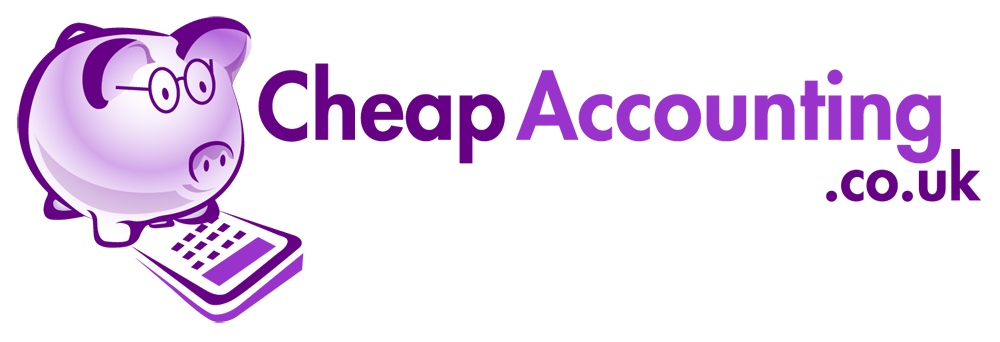Once you’ve got to grips with the finances of your business so that you know how much money you can extract to live on it is important to address the taxes that you’ll owe.
Knowing roughly what you owe to HMRC is really key to avoid getting yourself in a muddle, spending more than you should and receiving an unexpected tax bill when your accounts and tax returns are filed that you just don’t have the funds to cover. So, except in the case of low earners, there will be funds in the business bank account which are not yours. Funds should be building up so that the tax bills can be settled as and when they are due.
Ring fence funds
The best practice for these funds will be to ring fence them to avoid dipping into this money should times get hard. Ring fencing the funds can be achieved by putting the money into a savings account or, as they are known in some banks, a Tax Pot or Tax Vault.
For sole traders the tax pot can be in your own name as a personal bank account. For a limited company the tax pot should remain in the name of the company as removing the funds into your personal bank account can be seen as a payment to the director and will need to be accounted for as such by way of dividends or a loan. Better to keep things simple and set up a separate bank account in the name of the company.
Some accounts will even earn a bit of interest which would be treated as income for the business if the account is a limited company or personal income for a sole trader. It’s worth remembering that interest on savings could be taxed subject to the annual Personal Savings Allowance.
Setting aside funds in a separate bank account removes it from daily access and use. The mindset of dipping into this pot is like “taking money from HMRC” should become second nature to you as the business owner operating good business finance disciplines.
Tip – do remember that between the end of the tax or accounting year and the due date for the tax you will have funds in the Tax Pot related to the previous year as well as the Tax Pot building up for the current year. When you pay the tax bill the amount left in the Tax Pot will be the tax due for the accounting or tax year that you are in. Simply put, expect some funds to be left in the Tax Pot after you’ve settled your tax bill.
What will be in your Tax Pot
The funds in your tax pot will build up from taxes that you may owe. A limited company would need to set aside funds for the corporation tax as well as VAT, if VAT registered, and PAYE if employing staff earning above the tax and national insurance levels. In addition, the owner of a limited company may personally need to set aside funds to cover income tax due on dividends.
Depending on the level of earnings, a sole trader will need funds to cover income tax as well as Class 2 and 4 national insurance.
Tax Pot Rule of Thumb Sole Trader
If you want an estimate of the amount to allocate to the tax pot then use something like the Self Employed Tax Calculator which can be found at https://www.itcontracting.com/calculators/self-employed-tax-calculator/.
For a more precise amount to set aside on a regular basis then refer to something like the HMRC Self Assessment Ready Reckoner which can be found at https://www.gov.uk/self-assessment-ready-reckoner where you enter your estimated weekly or monthly profit for an estimate of the tax due.
Tax Pot Rule of Thumb Limited Company
For those operating through a Limited Company the funds in the Tax Pot are twofold:
- The company Tax Pot, in a company business bank account, to cover the corporation due. Use the Limited Company Tax Calculator found at https://www.itcontracting.com/calculators/limited-company-profits-calculator/ to provide an estimate of this
- The personal Tax Pot, in a personal savings account, to cover any income tax due on dividends extracted from the business. Use the Salary and Dividend Tax Calculators by tax year found at https://www.itcontracting.com/calculators/ for an estimate of the likely amount due
Caution – if you have drawn a salary from your limited company this needs to be included in your personal Tax Pot workings. The salary will of course be an allowable expense for arriving at the company’s profit figure.
Key Tax Pot Takeaways
- Run your business well by having a handle on your finances as you go
- Your tax bill should never be a surprise as you should know how much is owed as you progress through your accounting year
- Set up a separate Tax Pot bank account
- Work out how much you need to put into your Tax Pot at least once a month
- Don’t touch your Tax Pot until you need to pay your tax bill – it isn’t your money


